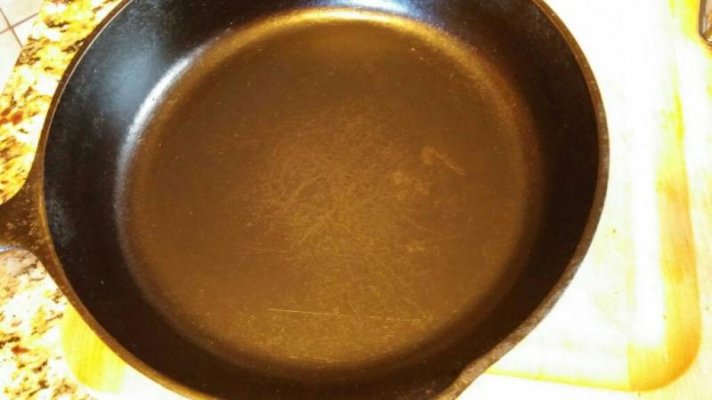Do you think the cowboys used fancy oils to season their pans? Or your great-grandmother? Of course not. Use whatever you have. What I use varies from canola to olive oil (NOT my good, expensive ones!), depending on what's handy. Definitely not sesame, which has a low smoke point and will just burn.
I wouldn't have gone with sesame in any event.
I was just wondering if it is better. My cast iron is seasoned with a ton of corn oil and crisco.
I learned how to cook in the Scouts, and entirely over a campfire. It gives me a certain perspective, and some limitations. I still see the stove viscerally as an indoor fire, and cook accordingly. Gotten much better on that when getting into baking, and understanding that this indoor device can if cajoled correctly, deliver a consistent temperature over time.
Always I want to grow in cooking, to get better. In the 80s men weren't cooks, overall. I learned cooking from the Boy Scouts, now looking back I'm asking my Mom for recipes. In grad school I worked in a lot of kitchens, restaurant work is great for causing repetitive stress injuries, and impressive burn scars, but doesn't really teach you how to cook.
I right now have my own little apartment kitchen, and I very much enjoy getting a little complex with recipes, outside my comfort zone, to make a nice evening meal for my Beloved Wife.
Kind of not been using the Cast Iron as much as I should. I've been distracted by complicated recipes, for instance I'm trying to get my head around the Bechamel sauce. Heck the 5 Mother sauces.
But in my heart I am always using cast iron, over a wood fire. Have to remember that.
Now if I'm seasoning my cast iron wrong.. There is a problem.

TBS

